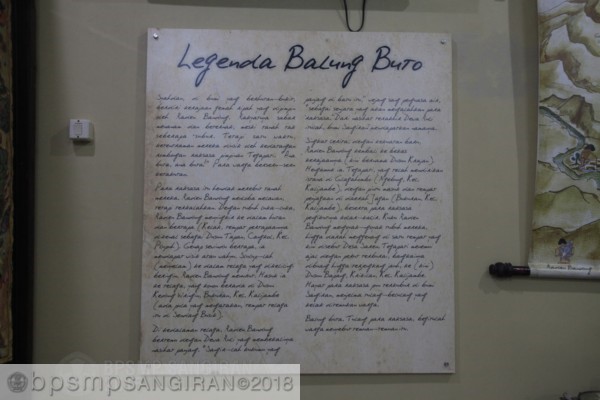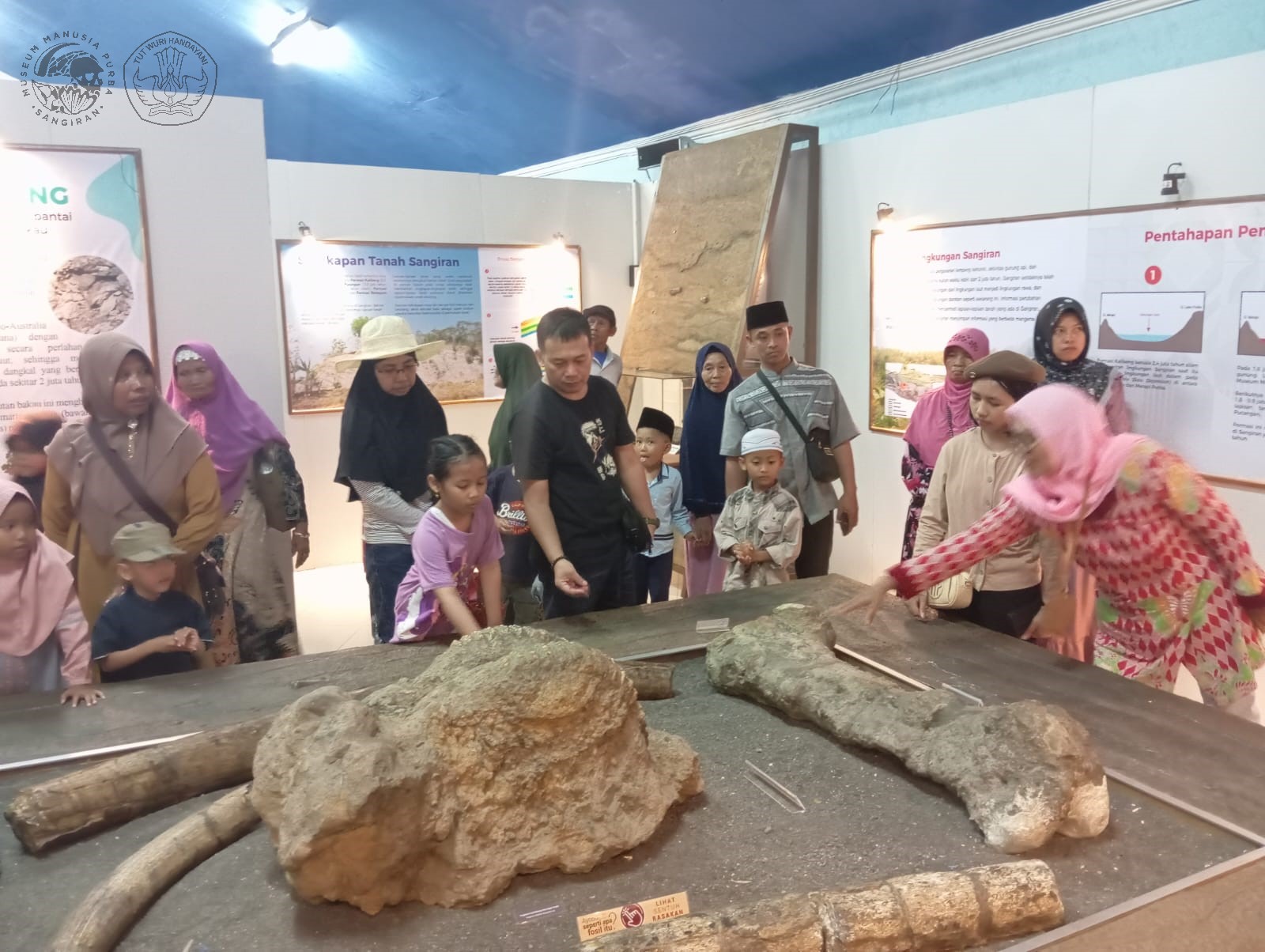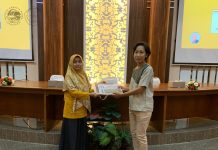Sangiran site stores many fossils of early humans and animals that attract the attention of expert. Sangiran’s research site was started by Eugene Dubois, a surgeon from the Netherlands who was interested in studying paleoanthropology. At that time the dubois was trying to find fossils of intermediate creatures between apes and humans which, according to his estimates, flourished in the tropics. Dubois is out of luck, not getting what he is looking for.
Dubois research was then continued by von Koenigswald who was more fortunate to obtain the findings of the first stone tool in the region. In 1934 he found a number of shale tools at the top of a hill near the village of Ngebung. Based on the concentration of the majority of these shale devices, von koenigswald coined the term “Sangiran Flake Industry”. In 1937 Von Koenigswald got an amazing finding in the form of fossils of ancient human skulls that were similar to the findings of dubois in the Trinitarian. Von koenigswald called it Pithecanthropus II (because the designation Pithecanthropus gave to Dubois’s findings from Trinil). Because of to these findings, some of the puzzles surrounding the existence of Javanese humans began to be answered.
Since the research conducted by von koenigswald and attended by several foreign researchers, the perception of the people living on the Sangiran site has begun to change. The perception of cultural preservation objects (fossils) that were initially considered sacred, as a cure for disease meant magic since the inclusion of von koenigswald and was followed by several foreign researchers who changed their meaning to be economical because if they found fossils and submitted to koenigswald they would be rewarded.
Von Koenigswald’s arrival brought a change in people’s perceptions which ultimately made a change in the behavior of the people who began to hunt fossils. changes in people’s behavior due to the influence of outside culture and also to fulfill their needs. (Wiwit Hermanto) translated by: Mutiara Sholikah





